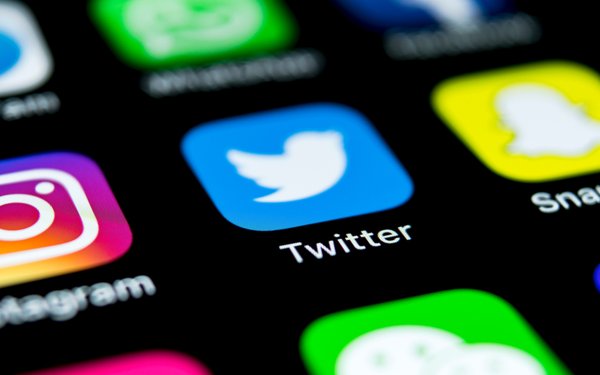
Like Facebook and other top
social networks, Twitter continues to crack down on accounts that engage in what it calls “coordinated manipulation.”
A week after suspending 284 such accounts, the company just
banned another 486 bad actors.
“Since our initial suspensions last Tuesday, we have continued our investigation, further building our understanding of these networks,” Twitter revealed on Monday.
advertisement
advertisement
While its investigation remains ongoing, Twitter said last week that many of the offending accounts appear to have originated from Iran. “Fewer than 100 of the 770 suspended accounts claimed
to be located in the U.S. — and many of these were sharing divisive social commentary,” Twitter said on Monday.
On average, the 100 accounts in question tweeted 867 times, and were
followed by 1,268 other accounts. In addition, Twitter found that the majority were less than a year old.
Many of the tweets were of a political nature. They appear to be part of a larger
effort by foreign governments to sow political discord among U.S. voters.
Twitter said it identified one advertiser from the newly suspended set, which ran just $30 in ads in 2017. Those
particular ads did not target the U.S., and the billing address was located outside of Iran, according to Twitter.
The company says it continues to work with law enforcement and its peer
companies to reduce coordinated disinformation campaigns.
Along with Twitter, both Facebook and Google deleted hundreds of accounts with suspected ties to the Iranian and
Russian governments last week.
With the help of cybersecurity firm FireEye, Facebook reported removing 652 Pages, groups and accounts, which targeted users on Facebook and Instagram.
In addition, Microsoft recently foiled another attempt by
the Russian government to meddle in the U.S. electoral process. On the news, Brad Smith, Microsoft's president-chief legal officer, suggested that the problem of foreign actors attempting to
meddle with its network is getting worse.